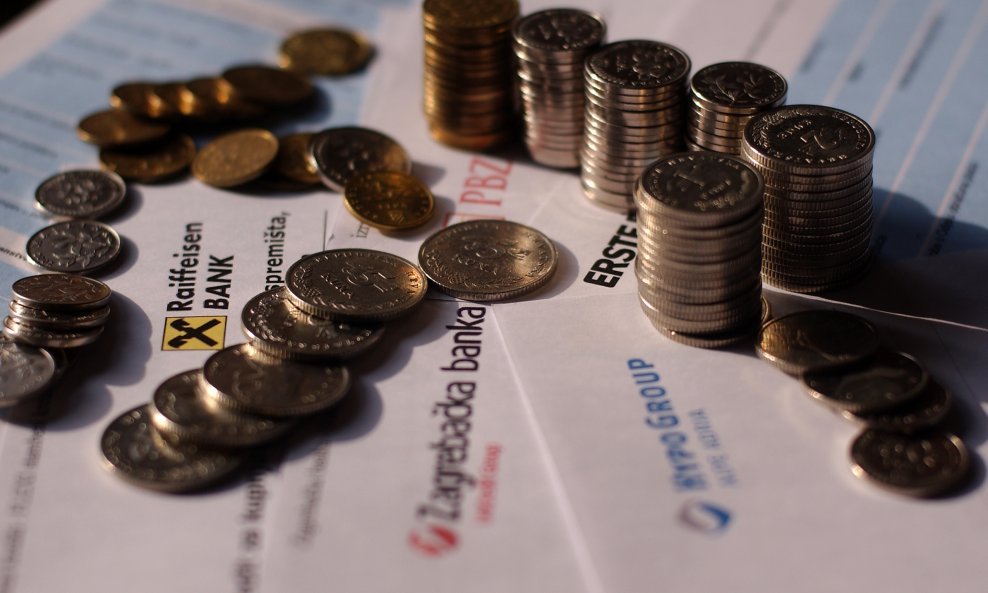The credit rating agency Dun&Bradstreet has maintained the country risk indicator for Croatia at DB3d, but has changed the ratings trend to "deteriorating", ranking Croatia at the bottom of the countries where the risk of doing business is slight.
"Croatia's risk outlook is clouded by policy uncertainty (as a result of growing public opposition to the government) and increasing political instability," D&B said in its International Risk and Payment Review for November, which was carried by the Zagreb firm BonLine on Monday.
"The coalition government is still losing support, while Prime Minister Jadranka Kosor's popularity is dwindling, despite the decision not to proceed with drastic salary, pension and social services cuts during the recent budget re-balancing. Kosor's fading popularity is troubling the ruling Croatian Democratic Union (HDZ) party just one year ahead of parliamentary elections, and some of the most influential members of the HDZ no longer support the prime minister and want to oust her from the party's leadership.
"In order to improve the negative climate Kosor's government has started refraining from highly unpopular reforms that could have had serious repercussions in the elections due in 2011. In particular, it withdrew the controversial labour law amendments (aimed at boosting the competitiveness of the economy by limiting collective labour bargaining and allowing easier firing of employees), while it reached a compromise with labour unions to delay pension reforms and extend the deadline for transitioning to the new retirement age for women (from 2020 to 2030)," the report says.
Meanwhile, the economy contracted for a sixth consecutive quarter in Q2 2010, with real GDP shrinking by 2.5% year on year as investment and consumption faltered.
"In order to revive the ailing economy, the government has put forward a number of investment projects (worth EUR13.85bn), which should be carried out by public companies and local authorities in the areas of energy, tourism, water management and transport infrastructure. However, it is unclear when work on these projects will begin, since the government managed to secure only 4.3% of the required financing, while some of the projects may be delayed due to long bureaucratic procedures for issuing construction and location permits.
"Moreover, the government has announced that it will sell minority stakes in state-owned companies in order to cover the growing budget deficit, in preparation for the final round of negotiations with the EU's membership process," the report says.
D&B analysts described as positive a EUR200 million loan which the European Investment Bank (EIB) will provide to Croatia to co-finance with the European Commission the country's EU pre-accession activities. The funds will help implement priority investments totalling some EUR800 million aimed at improving water supply, waste management, railway infrastructure, regional competitiveness and human resource development.
D&B warned that Croatia "still suffers from its antiquated industry, cumbersome judiciary and entrenched corruption."
It also warned that business risk in Croatia will remain elevated as a result of "tighter credit availability, an increased level of bankruptcies and the fragile economic outlook."

































